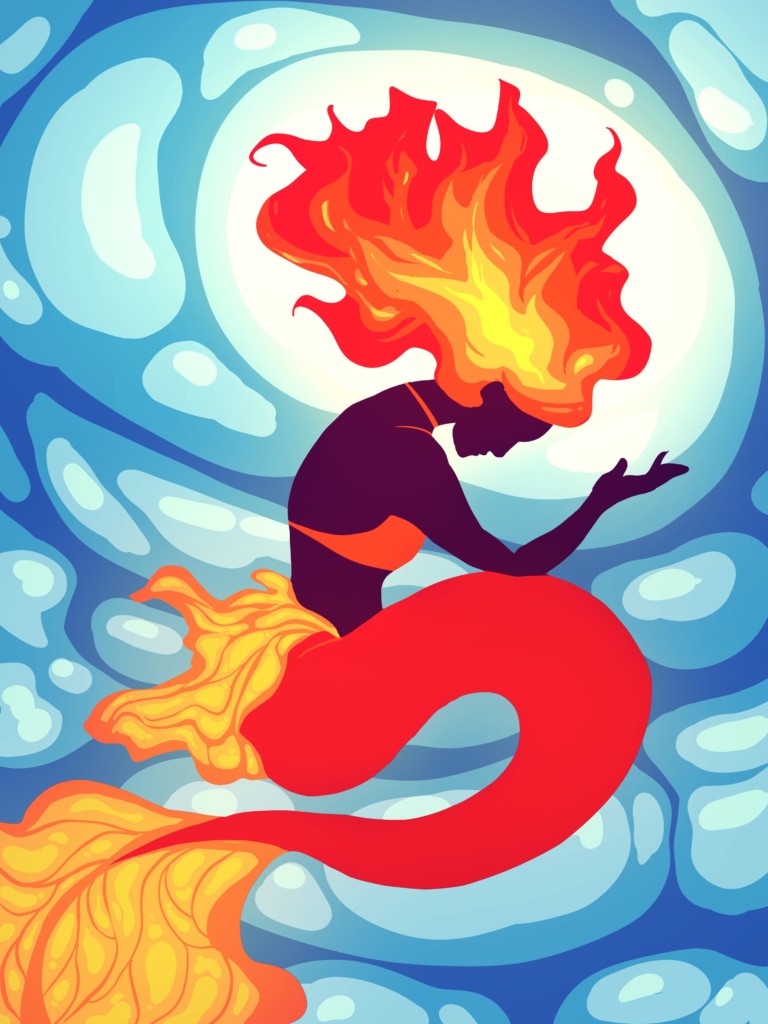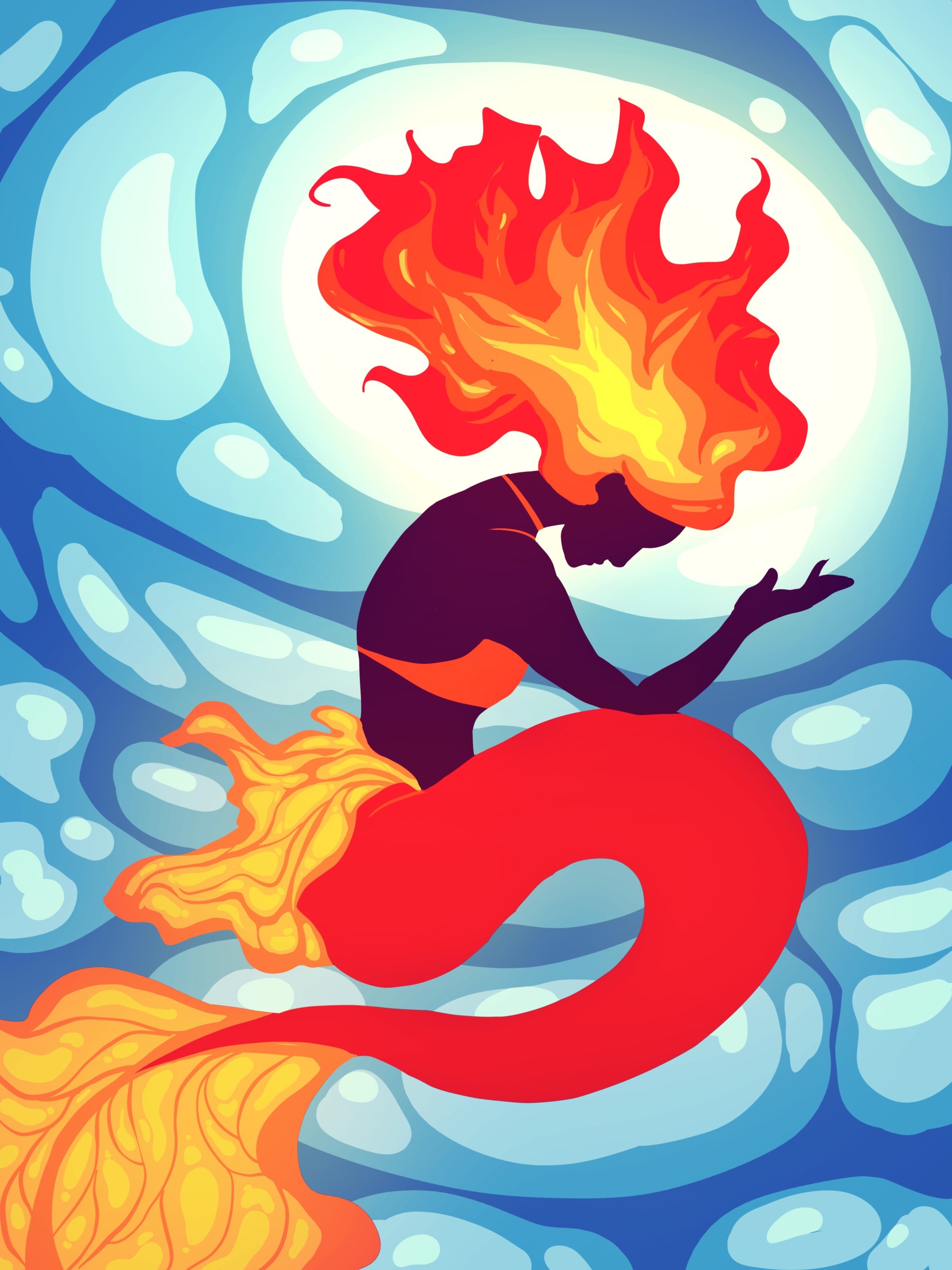“My mom told me the Bay Area is called The Mermaid,” my friend once said, “because of how the land looks where it meets the sea.”
I moved to the East Bay when I was only two, and ever since I’ve found it hard to leave. I walk away, and then come back. There is just something about the land.
I grew up in a neighborhood in a tiny town you’ve never heard of. A neighborhood where fawns wandered through my front yard in the summer. My next-door neighbor had a flower garden where the roses bloomed all year round. I once ran from a real live tarantula as it chased me down the hill towards my house.
The land of my upbringing was beyond idyllic — it was a daydream.
But eventually, Silicon Valley brought McMansions and an influx of the extremely wealthy. My childhood best friend owned a summer house and a boat. My classmates slept in mansions with more rooms than I could count. Bulldozers razed my hill. The deer grew scrawny and limping. We started letting our cats out at night because the coyotes we’d been so afraid of had all died out. My mother thought the coyotes would come down from the hills like monsters in a fairy tale, but those weren’t the monsters she should have feared.
When I was seven, I got pneumonia for the first time. I was scared and shivering for three weeks, struggling to breath and wondering if I would die. In those days, no one connected my pneumonia with the smog. Now that I’m an adult, I’ve had pneumonia five times. I’ve had bronchitis more than a dozen times and typically for months on end. Last year I was sick for the entire time between August and January. My bronchitis was resistant to antibiotics, inhalers, and most treatments.
It was all because, somewhere along the years, I’d started breathing in smoke instead of air.
The oceans I used to swim in are no longer safe. My friends’ horses now cough through the summers and die early deaths. The Wild West I grew up in, my small pocket of wilderness, is gone.
I’ve been fighting global warming in my own pitiful way for 17 years, really believing that at least one of the well-intentioned and concerned adults around me would do something about it. In the meantime, gentrification has come and gone and wiped out entire communities of Oakland and San Francisco, places where I can find a Starbucks on any street, but will probably never be able to afford to live, even though both of my parents did when they were young.
The mermaid is dying, and sometimes I feel like I’m dying, too. I struggle to breathe when I walk up stairs, when I move too fast, whenever I forget that my lungs are broken and still attempting repair. But maybe I should count my blessings, because my friend’s cancer has returned, the result of living her entire life among the Central Valley’s appalling levels of air pollution.
The wildfires spit ash and color the sky orange. And did you know that the West Coast from Washington through Los Angeles is on fire? It isn’t the Silicon Valley wealthy in their mansions who will burn, of course. They all have insurance and summer homes. Having money means having options.
The mermaid is mine, in the way that what we love belongs to us. In this way capitalism cannot understand and cannot tear asunder, though it’s tried. She is mine, and no one is coming to save her.
Look what they did to her, those bureaucrats, those would-be saviors who watch and perform helplessness, wringing their hands while my beloved burns.


